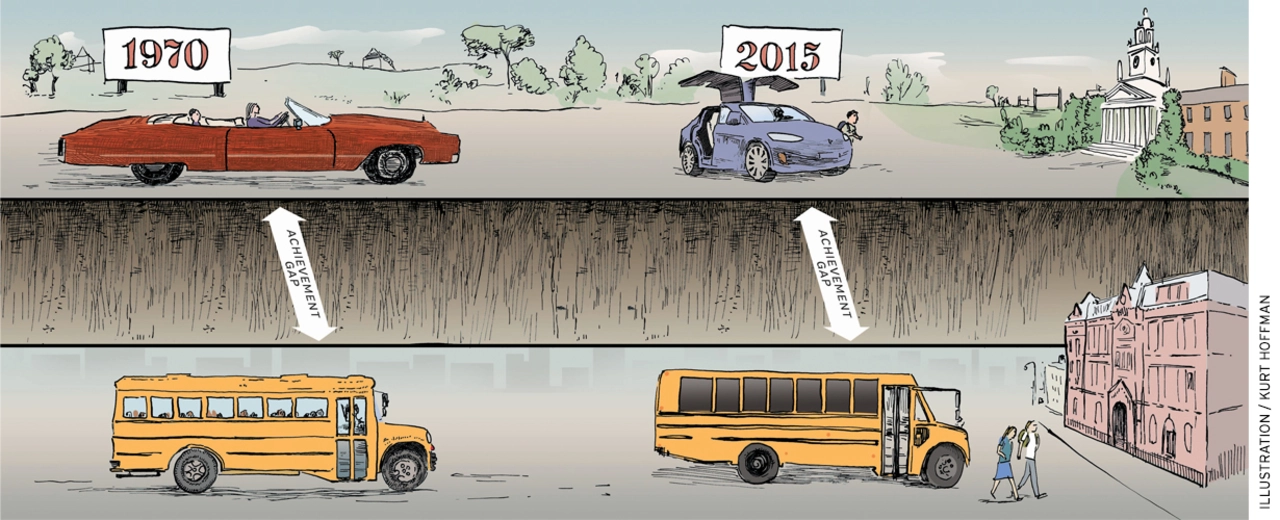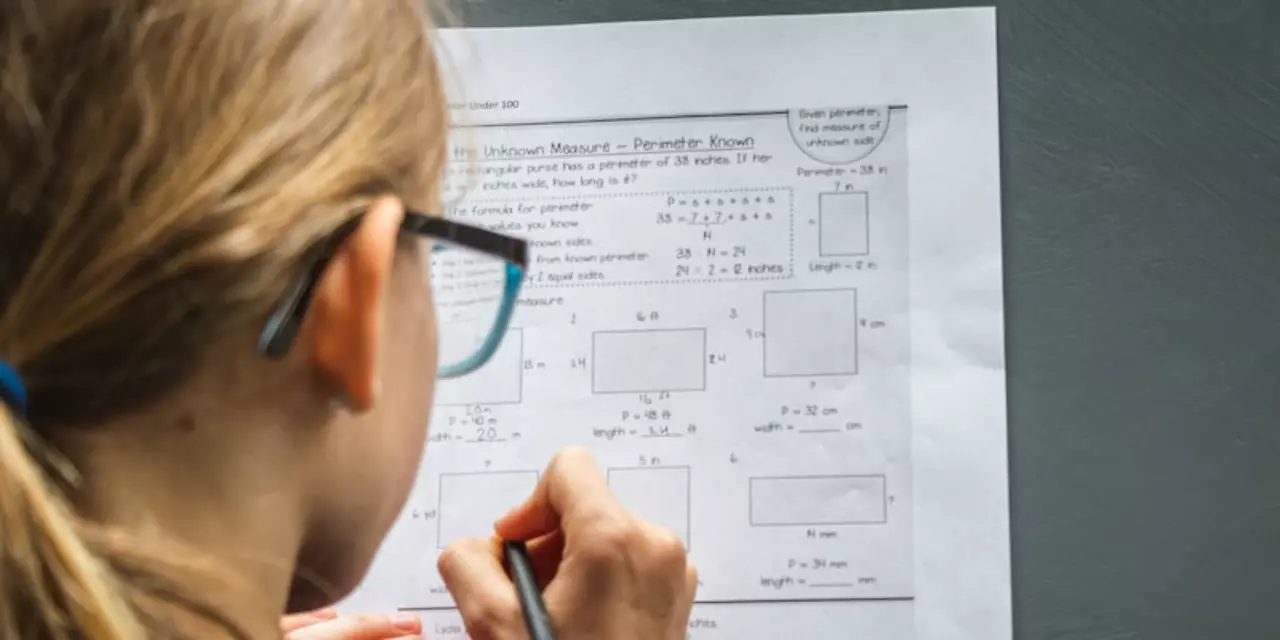Category: Education Policy

Is the U.S. educational system designed to benefit the rich?
The U.S. educational system is often criticized for its inequity and lack of opportunity for those from lower socioeconomic backgrounds. Despite decades of reform and attempts to level the playing field, the system still often favors the wealthy. From better-funded schools in wealthy neighborhoods to the cost of college tuition, the system is designed to give those with money an advantage. This often results in those without the financial means to access a quality education lagging behind their more privileged peers, perpetuating a cycle of poverty and inequality. It is clear that the U.S. educational system is far from perfect, and much work must be done to ensure that all students, regardless of social class, have access to an equal and quality education.

Why don't public schools pay for a teacher's education?
This article examines the lack of funding for teacher education in public schools. It argues that inadequate funding is a major obstacle to ensuring that public schools have well-trained teachers. It explains that the cost of tuition, books and fees for teacher education programs are often too much for public school systems to bear. It also outlines the potential long-term impacts of not adequately funding teachers’ education, including classroom overcrowding, lower teacher pay and lack of resources. Finally, it suggests that policy makers should consider increasing or creating additional funding sources to support teacher education in public schools.